Supernatural’s Winchesters and the Heroic Archetype
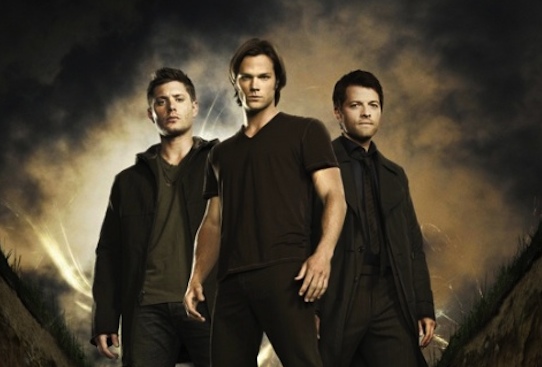
Human history, as well as our current culture, abounds with stories about heroes. The Winchesters are undoubtedly heroes, constantly putting their lives in jeopardy for others. We first learned of the Winchesters in Supernatural‘s season 1, where we saw them stepping in between blood-thirsty monsters and vengeful ghosts to save individual people.
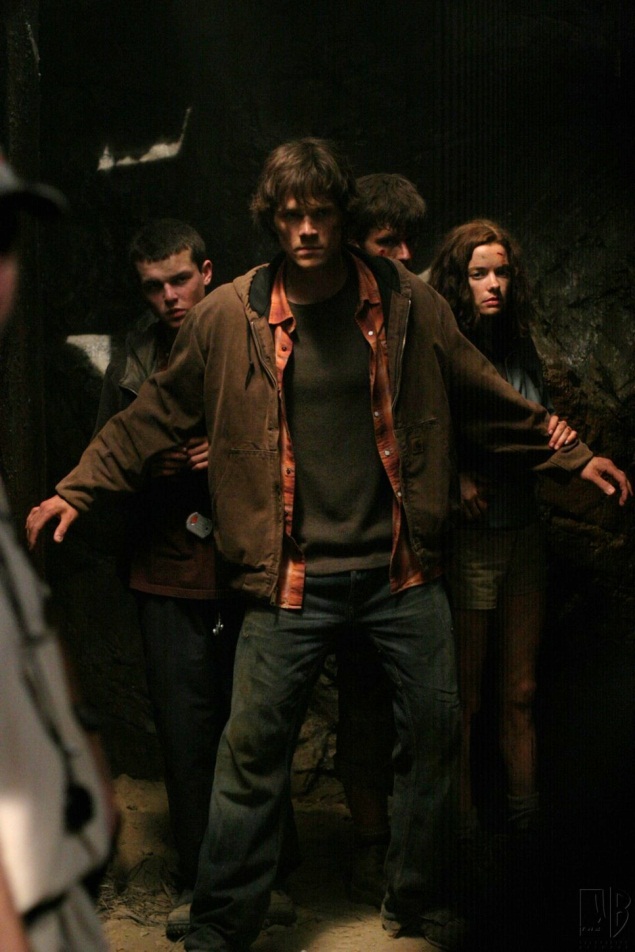
As the series progressed, the Winchesters ended up being the ones tasked with saving the world, like when Sam jumped into the Cage to keep Lucifer from destroying humanity; or when Dean agreed to carry the soul bomb to take out Amara, which would have killed him in the process. The brothers have often struggled with this burden, and as such are often “reluctant heroes” who save the world. Dean told his brother in “Croatoan” that he was tired of the weight on his shoulders, and in “What Is and What Should Never Be,” Dean poignantly asked at his dad’s grave,
“‘Your happiness for all those people’s lives, no contest. Right?’ But why? Why is it my job to save these people? Why do I have to be some kind of hero? What about us, huh? What, Mom’s not supposed to live her life? Sammy’s not supposed to get married? Why do we have to sacrifice everything, Dad?”
The show itself occasionally references modern heroic tales like The Lord of the Rings and Star Wars. Another fictional hero I find appealing is Jack Reacher, created by author Lee Child. A recent Irish Times article had this to say about Reacher and the subject of heroes:
Child created Reacher as a former military policeman who drifts from town to town in the United States, righting wrongs before moving on again. It’s an enduring motif, and one that Child believes stretches back through James Bond and the western through the medieval epics to classical mythology. “So much fiction depends on the idea that your community is in some kind of terrible trouble, and a mysterious stranger arrives, and sorts out the trouble, and then leaves,” says Child, who will publish The Hero, a monograph on the evolution of the age-old myth, in late November. “And you’ve got to ask: why would we keep on reinventing that story over and over again? I think it’s because, deep down, we want that, we would love that to happen for real. Reacher is a modern version of something that’s been around for thousands of years, and people are extremely accustomed to respond to it in a way that betrays a deep desire. So, absolutely, I trace a lineage all the way back definitely to Odysseus and so on, and presumably to the oral tradition that came before Homer.”
Now, I doubt that Child will include the Winchesters in his book, but his phrasing caught my attention immediately because of how apropos it was to Supernatural. A family, a community, or even the world faces terrible danger, two mysterious men in a black Impala arrive, and, after usually more carnage and confusion, the terror ends and the men move on, often bearing outward blame and inward guilt for what happened, even though their goal was trying to stop evil so much more powerful than humans.
The characteristics of the archetypal hero are usually listed as the following:
- Born under unusual circumstances
- Leaves family to live with others
- Experiences a traumatic event that leads to a quest
- Has a special weapon
- Has supernatural help
- Proves himself by performing feats
- Descends into a hell-like area and suffers wounding from an encounter with evil
- Experiences atonement with his father
- Receives a reward, often after death
A hero need not display all these traits in order to fit the archetype but usually is characterized by many of them.
In Lee Child’s novels, Jack Reacher hitch-hikes through the United States alone, finding trouble along the way. He literally carries nothing but his toothbrush (though in some books he has added a passport). In contrast, the Winchesters have each other, they drive their Impala, they now reside in a bunker in Lebanon, Kansas, and they have had a few treasured keepsakes throughout the years like the amulet or photographs. Jack Reacher, while skilled with weapons, travels weaponless, while the Winchesters have an arsenal in the trunk of their car. Most significantly, Reacher fights criminals while Sam and Dean face off against supernatural creatures. Both, however, are compelled to help innocent people being exploited and harmed by powerful opponents.
The series has often referred to it characters as heroes. Examples include Dean calling his dad a superhero when he was a child, Dean defensively yelling that he was a hero at Truman High School, Dean saying his mom was his hero after she died, then several times both Sam and Dean saying they were heroes in recent seasons.
So, when we watch Supernatural, we are actually participating in an experience that humans have shared for thousands of years – the vicarious exploits of the hero. Do you think Dean and Sam (and Castiel, although for most of the series he is not human) fit this definition? Do you compare them to other heroes in literature or film? I’d love to hear your thoughts!
Learn more about Supernatural‘s depiction of heroes!
Farawayeyes explored “Kevin Freakin Solo: Prophet, Hero, Family”
Nightsky asked about the definition of heroes in “Who are Your Heroes”
Jasminka considered Sam and Dean “Knights in Modern Armour: Supernatural’s Chivalrous Heroes”
See also: John Winchester, Heroic Man of Secrets (or What the hell did you know?) and several other articles about Sam and Dean as Post-Traumatic, Greek and Unsung heroes! All can be found in a WFB’s Article Archive search for Heroes!



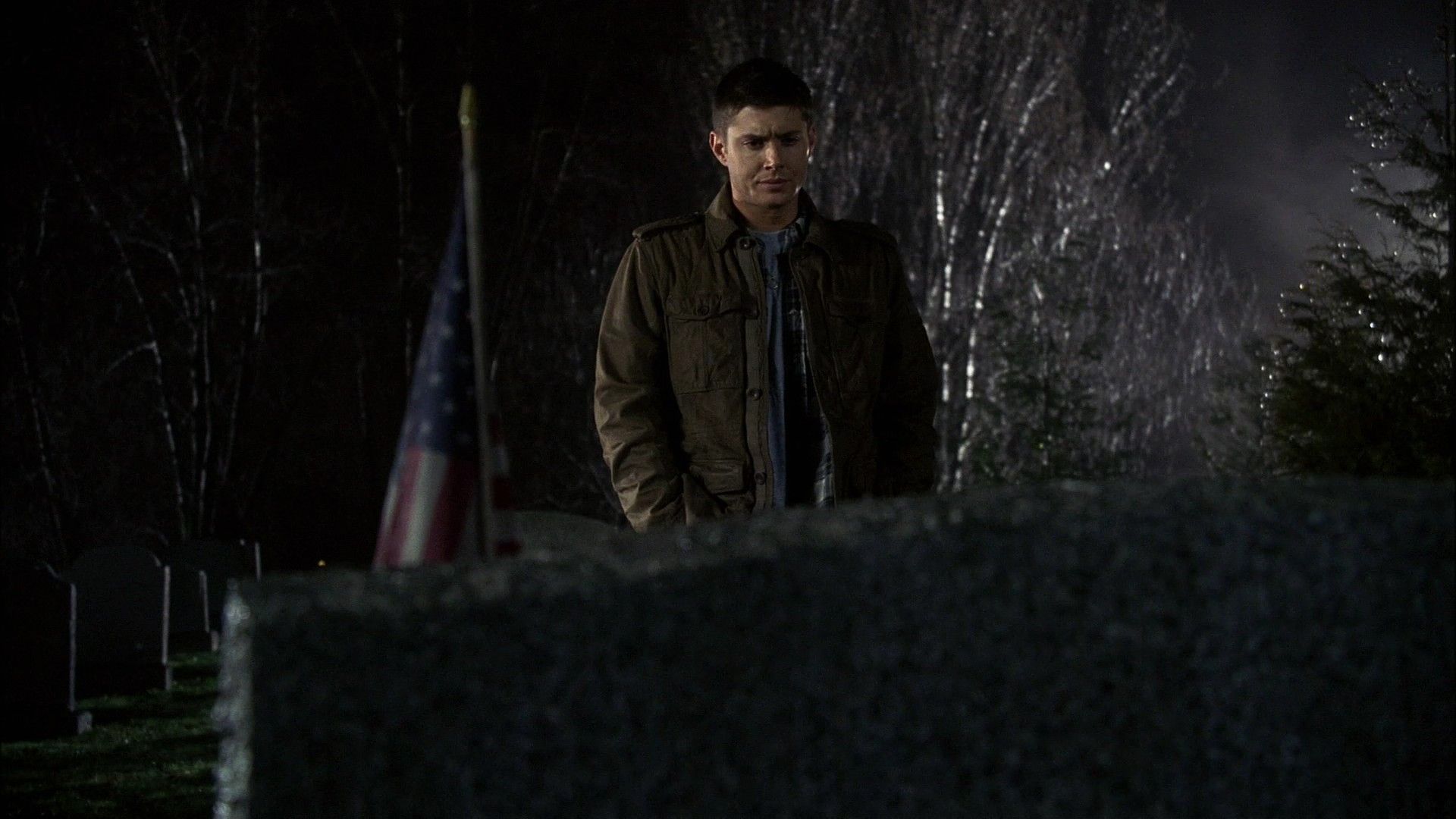
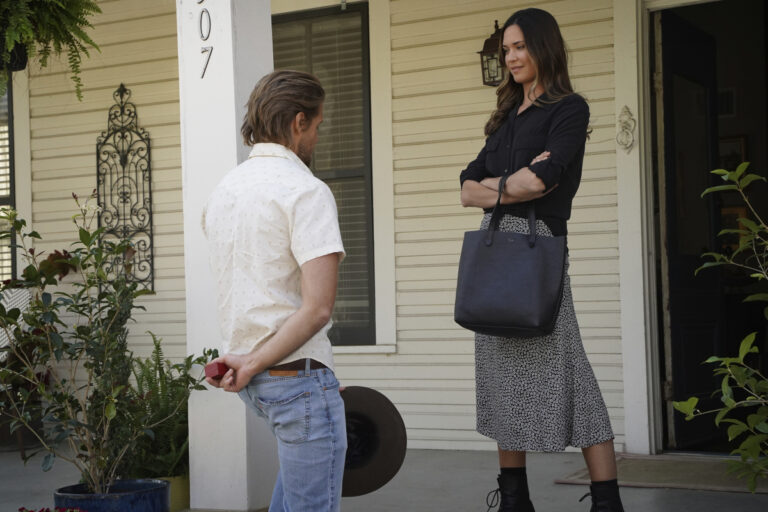

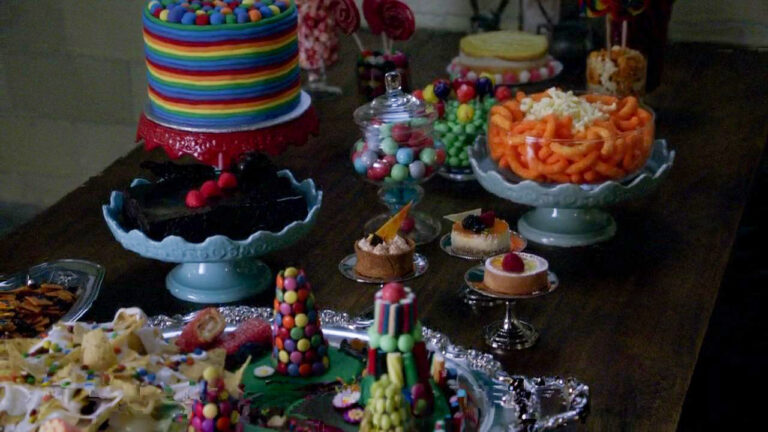
Leave a Reply